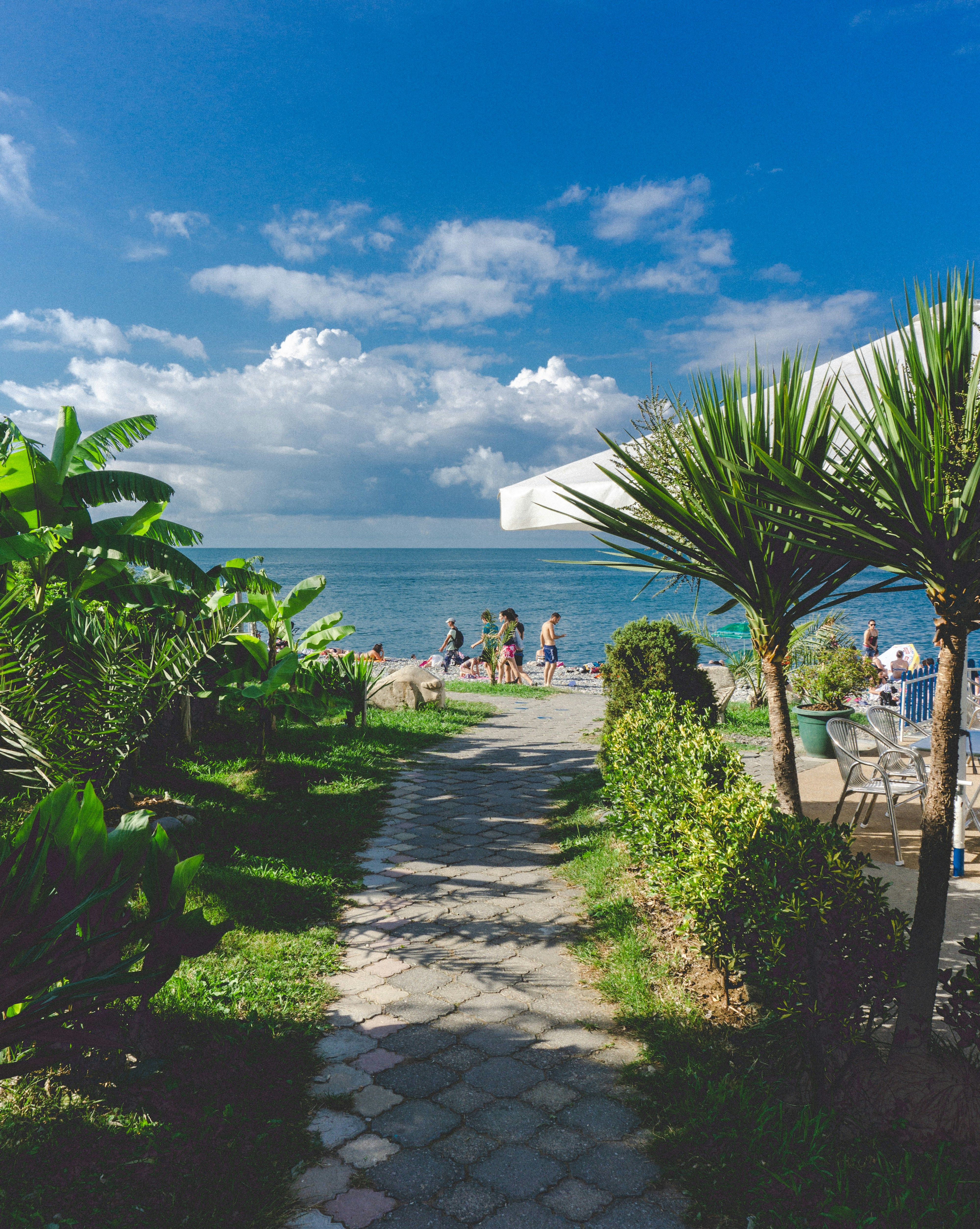Federal Finance Minister Klingbeil Unveils Plans for Higher Investments to Boost Growth
Klingbeil unveils substantial boosts in higher funding levels. - Klingbeil unveils significant boosts in financial commitments
Berlin – In a move meant to modernize the nation's infrastructure and stimulate growth, Federal Finance Minister Lars Klingbeil has announced plans to significantly increase investments this year. The impetus behind this decision is a large, credit-funded special fund designed for additional investments in infrastructure and climate protection. The proposed investments could reach approximately 110 billion euros this year, according to Klingbeil.
Speaking in Berlin, Klingbeil explained that these increases would come from investments from the core budget, the special fund, and the Climate and Transformation Fund (KTF). He had previously dismissed accusations from the Greens that the special fund would be used to fill budget gaps, however, the Greens have since reiterated their claims.
Klingbeil also announced comprehensive structural reforms and addressed concerns from business associations regarding faster planning and approval processes to ensure that funds are not wasted.
The budget is expected to continue consolidating in a "strict" manner, with the draft budget set to be adopted by the cabinet on June 25. Germany is currently grappling with an economic downturn.
According to the Finance Ministry, investments are expected to increase by nearly 50 percent compared to last year by 2025. By 2029, 150 billion euros are projected to be provided from the special fund.
Details of the Special Fund
The proposed special fund stands at 500 billion euros and is set to be a debt-financed, 12-year initiative for additional investments in infrastructure and climate protection. The fund was approved by the old Bundestag with the votes of Union, SPD, and the Greens. The Greens have emphasized the additional nature of these investments, which will include renovation of the rail network and bridges, as well as schools and numerous other projects.
Climate and Transformation Fund
The special fund draws its funding from revenues from the emissions trading system and national CO2 pricing, among other sources. The heating subsidy is financed from this, for example. A budget ruling by the Federal Constitutional Court had drained billions from the fund. The fund is now set to be strengthened by 10 billion euros per year. However, to close budget gaps, billions from the Climate and Transformation Fund (KTF) are intended to flow into the core budget.
Criticism of Plans
The Greens have renewed their criticisms, with deputy faction leader Andreas Audretsch claiming that the coalition led by Chancellor Friedrich Merz (CDU) and Klingbeil is orchestrating the "largest budget shuffle in German post-war history." This sentiment has also been shared by the Left's parliamentary leader Dietmar Bartsch, who called Klingbeil's announcement a "bait and switch." Despite the increased investments, these critics believe they are not sufficient for addressing the needs of areas such as housing, hospitals, and education.
The restructuring of infrastructure and economy as outlined in the German government's special fund could transform the country's approach to green investments and growth, positioning Germany as a leader in the global shift towards sustainable development and economic recovery.
- Vocational training initiatives could greatly benefit from the increased investments in infrastructure and climate protection, as a significant portion of the funds will be allocated to various projects, including the renovation of schools.
- Through increased investments and comprehensive structural reforms, the proposed plans may attract foreign investors towards Germany's real-estate market, boosting business and financial opportunities in the country.







